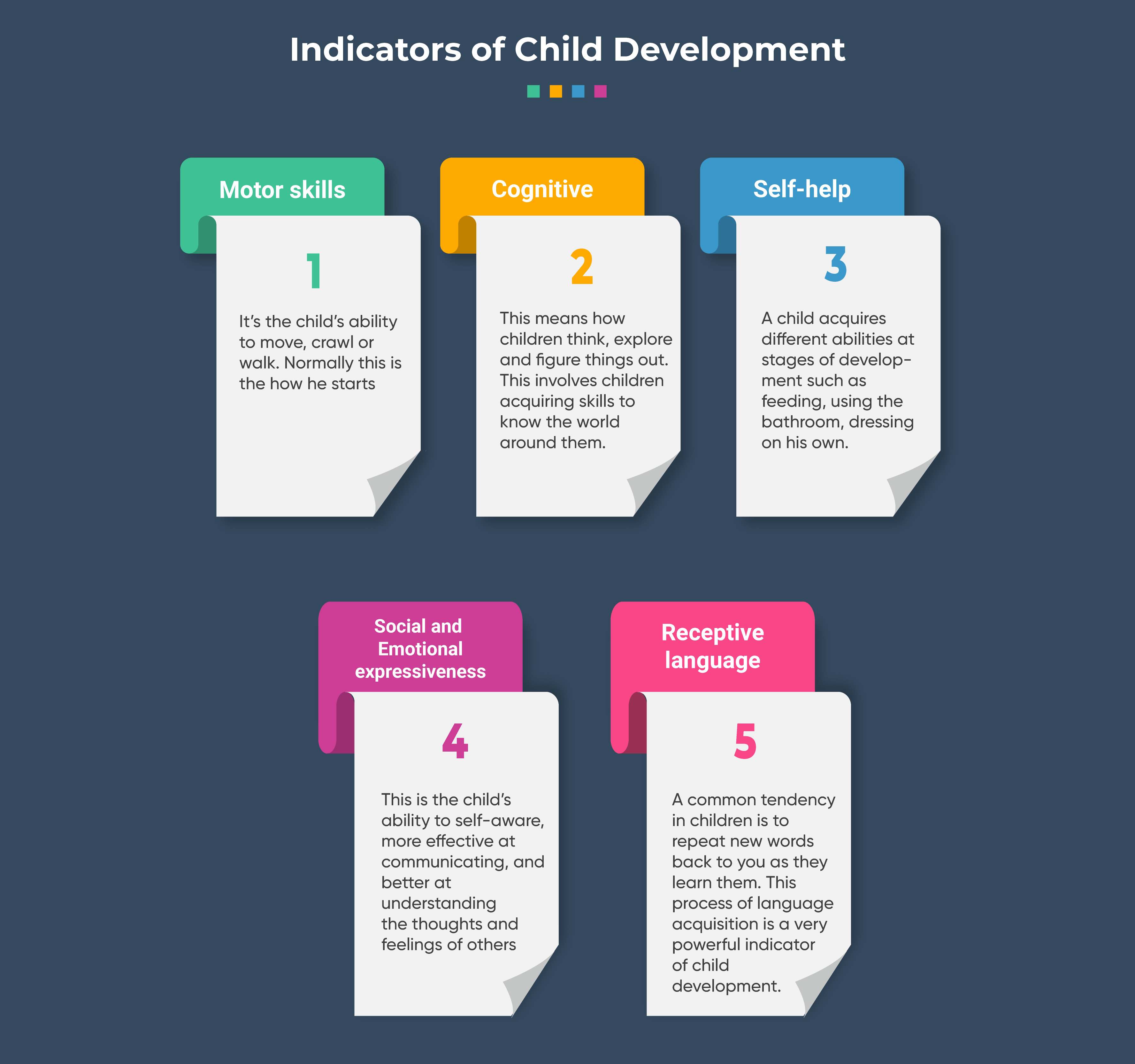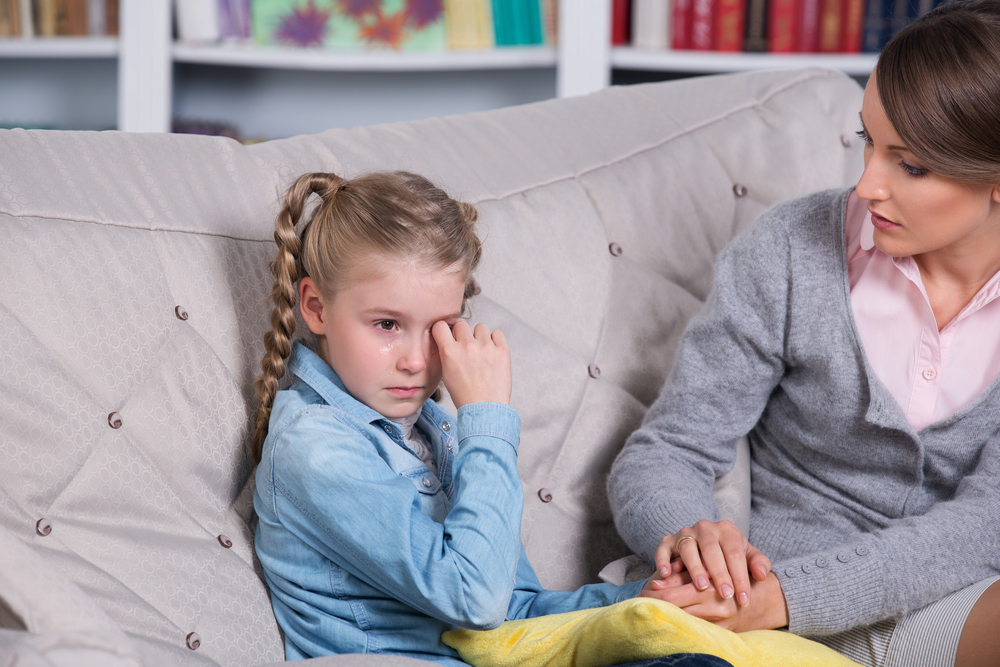Being aware of child psychology is an essential for all parents. As a matter of fact, helping your child understand their own emotion can play a key role in their early development. This will teach them to express their emotions in a healthy way. As well as encourage social development both in a conscious and subconscious level.
One of the most rewarding parts of becoming a parent is getting to see your child grow right in front of your eyes. It’s wonderful how a defenceless child captivates everyone towards himself. The feeling is so fulfilling and magical. The treatment that he receives at this stage determines how child development takes place and he flourishes as an adult. The child is like clay waiting to get moulded.
Importance of Child Psychology in Development
Child psychology is the study of the development of psychological processes of children. The conscious and subconscious composes the main framework of mind. To sum it up, child psychology illustrated the emotional, cognitive and intellectual development of an infant. The process carries on right from birth jumping on to adolescence and ends in adulthood.
In our minds, we might have a preconceived idea that they are not that intelligent and it’s unnecessary to keep track of what they hear or see. But most children are very sharp and they can retain and analyse information very efficiently. Sometimes even better than adults. So constantly interacting with them is a good way to encourage their development.
To understand the trends of the child’s mind parents need to keep up with their infants progress. The early days are to be closely monitored. Because this is when the first stage of development happens in a child.
Major Components of Child Development
There are several indicators used to measure the development of a child. Child development refers to the sequence of physical, language, thought and emotional changes that occur in a child from birth. Generally, it’s measured with the following metrics:
- Motor skills
- Cognitive
- Self-help
- Social and Emotional expressiveness and
- Receptive language

A solid understanding of these tendencies is a must to get a clear conception of child growth. Along with the internal factors that influence development such as genetics, personal characteristics and naturalization these factors are very necessary.
Below are the main factors that are directly responsible for child development:
Family
The family is where the social life of human beings starts. A lot is dependent on the surrounding of a child. So nothing is more important than family. Ultimately family is the place where they spend the most of their time. So children develop their basic values, skills, socialization, and sense of identity from family.
The current picture of the family has made a lot of difference as both parents are working outside at times. In this way, the child gets to bond with each of the parents individually at times while the other is out working. Very few times he gets the attention of both of them. And other times he is just accompanied by a nanny or a grandparent. As children are spending so much time with so many people a functioning knowledge of child psychology and child development is very important for all of them.
Socio-economic
It is one of the defining factors for a child’s growth. a child’s development depends a lot based on the education, living conditions, the money they earn and where they live. There are several variables such as level of parental education, the relationship between members of the family, Ideas and behaviour they share. As these factors ensure how much facility the child gets they are instrumental in a child’s growth and development.
Cultural
The culture contributes to the values, customs, shared assumptions and ways of living a person gets accustomed to. Interactions in any society are most influenced by the culture of the society they live in. When the child becomes capable he will have to first blend in with the existing practices.
Tips to Understand Child Psychology
Every child is different from others. Even a child’s psychology changes through a different stage of life. The way they act as adults definitely has something to do with them as children. They are vulnerable so they should be treated with care. Parenting is not just about providing for food health and accommodation for your child. It is necessary to keep your child feeling secure. Here are a few tips to understand your child well:
Observe the child
Give the child his own space and freedom. Let them say whatever they want to say so you can observe their development. A good tip to understand your child the best straight from early infancy to middle childhood is not to interrupt. To clarify, give the toddler his chance to express himself. This way you will be able to observe his vast array of behaviour in a better way. As a result, his natural learning abilities will flourish. This will help them reach their full potential.
Pay attention to them
Be mindful always while interacting with them. Children love it and feel more encouraged. Look them directly into the eyes while conversing. Trust me it will really help you understand your child. Let their imagination build blocks upon others. This helps the child improve his imagination and creative skills. It will also help in social and cognitive abilities.
Think from the child’s perspective
People attain different frames of mind at different stages of life. Thinking from their perspective is a prerequisite to better understand them. It’s rather easy to think like that. Because it’s free from all the complexity of this world. In no way anyone should talk to a child expecting the cognitive skills of an adult.
Respond to them mindfully
Answer their quarry with great importance. Fix the gap in their information. If they want to ask you something that they want to know it’s a great indication. Kids ask a lot of questions. They retain a lot from the answers they get from adults. As a matter of fact, these answers contribute a lot to a child’s cognitive framework.
Candid Interactions
Mindful candid interactions are the best way to nurture a wonderful relationship between a child and parents. This can be while drawing a picture, cleaning the cupboard, playing a game together. This will help you spend quality time and create more attachment.
Deals negative behaviour with alertness
A sudden flash of anger and emotional outbursts is very normal in growing children. Approach negative behaviours in a constructive way. This type of behaviour is mostly caused by some kind of frustration. It’s necessary to stay calm in front of the child and not give in to his behaviour. In no situation, you should yell back at them. Rather it will inspire to keep doing this more. Teach them about the consequences and try to release them from the tantrum.
Always praise and show empathy
Praise and reward your child for good behaviour and every good thing he does. This will boost his self-esteem and inspire him to keep up with the good. Show empathy towards the child and teach him to be empathetic to others. However, just keep this between yourselves. Over Rewarding your child can make him arrogant. So be aware of it too. Practice empathy among yourselves to create an emotional connection.
Educate your child about his development process
Anyone in charge of taking care of a child should have a basic knowledge of the brain development process. Children acquire new things from interactions very fast. As soon as the child starts to grow and learn new skills parents should aware them of the brain development process in human beings.
Promote self-esteem and self-belief
If there is anything that you should teach your child right from the beginning it’s self-esteem. As soon as they gain some capabilities it’s recommended to bestow some responsibilities on them. To be honest, throughout our lives human beings are bound to make a lot of mistakes. In addition, he might even get seriously criticised for all of his mistakes.
Self-belief is the quality that helps him cope up with his mistakes. Self-esteem is what helps him stand up for himself and his mistakes. So being introduced to these valuable qualities early in his life will be great input.
Give your child the lesson to adjust
The most valuable lesson parents can give their children is to be proactive in all types of situations. Being spontaneous and open to adjusting automatically makes people more comfortable in their operation.
Childhood is a very important part of life as it influences the latter part of life as well. Creating more awareness of child psychology can contribute greatly to a well-rounded personality and let people live a more joyful and productive life.


